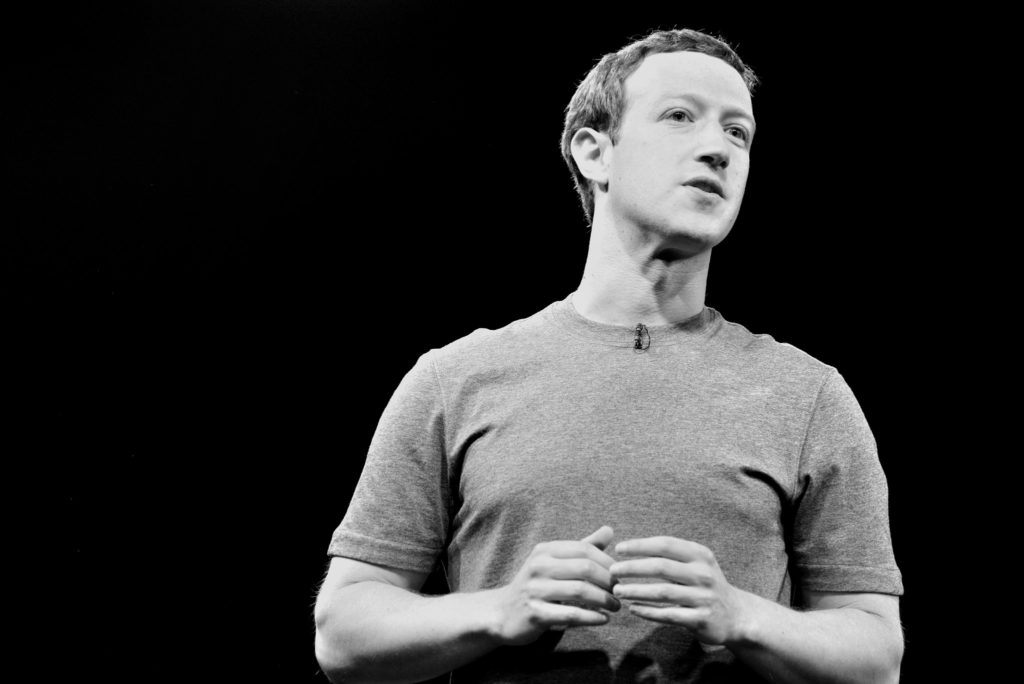After last summer’s raucous two-day congressional hearings featuring Facebook CEO Mark Zuckerberg answering for growing privacy concerns, the 34-year-old tech mega-billionaire has come up with an answer: more government intervention and control is need to regulate the Internet. While regulations have been slow to catch up with the exponential growth of everything online, when the government gets involved, typically, the solutions cause problems that are more far-reaching than before.
Zuckerberg said new regulations are of great necessity to protect today’s society from harmful content like hate speech, ensure better integrity with elections both in and outside the U.S., protect people’s privacy online, and to guarantee data portability.
Facebook is still recovering from the mass public criticism it was barraged with after its poor handling of Russian meddling in the 2016 U.S. presidential election, which White House Special Counsel Robert Mueller’s nearly 400-page investigation confirms as it was listed by Attorney General William Barr in his four-page letter to Congress two weeks ago. The social media giant is also hearing backlash from governments around the world that claim its policies on hate speech are insufficiently strict.
Meanwhile, conservative lawmakers and others online have accused Facebook, as well as other social media providers, that they are engaging in political bias and censorship.
Zuckerberg proposed regulating harmful content by setting up independent bodies to set standards for what is considered “terrorist propaganda” and “hate speech,” then moving to prohibit the content.
“Internet companies should be accountable for enforcing standards on harmful content,” Zuckerberg said in a report from CNBC. “It’s impossible to remove all harmful content from the internet, but when people use dozens of different sharing services — all with their own policies and processes — we need a more standardized approach.”
Facebook is also creating an independent body so people can appeal its decisions.
Notably, during the July Fourth holiday in 2018, Facebook flagged a Texas-based community news publication for posting the entirety of the Declaration of Independence in small excerpts. The newspaper received a notice from Facebook saying that the post, “goes against our standards on hate speech.”
Nevertheless, Zuckerberg has called on governments to pass legislation to regulate political ads on the Internet, explaining that it is difficult for Facebook to determine when an ad should be considered political.
He is also pushing for regulations to guarantee data portability, ensuring that users can move data between services.
“True data portability should look more like the way people use our platform to sign into an app than the existing ways you can download an archive of your information,” Zuckerberg said in a statement. “But this requires clear rules about who’s responsible for protecting information when it moves between services.
Facebook’s CEO also endorsed a global framework much like the European Union’s General Data Protection Regulation (GDPR) to protect people’s privacy. However, when the regulation was rolled out in the EU, it gave rise to much controversy.
Considering not many questions were actually answered in last year’s congressional hearing with Zuckerberg, it is still quite precarious that he would essentially give the power of Facebook over to the world’s governments.

